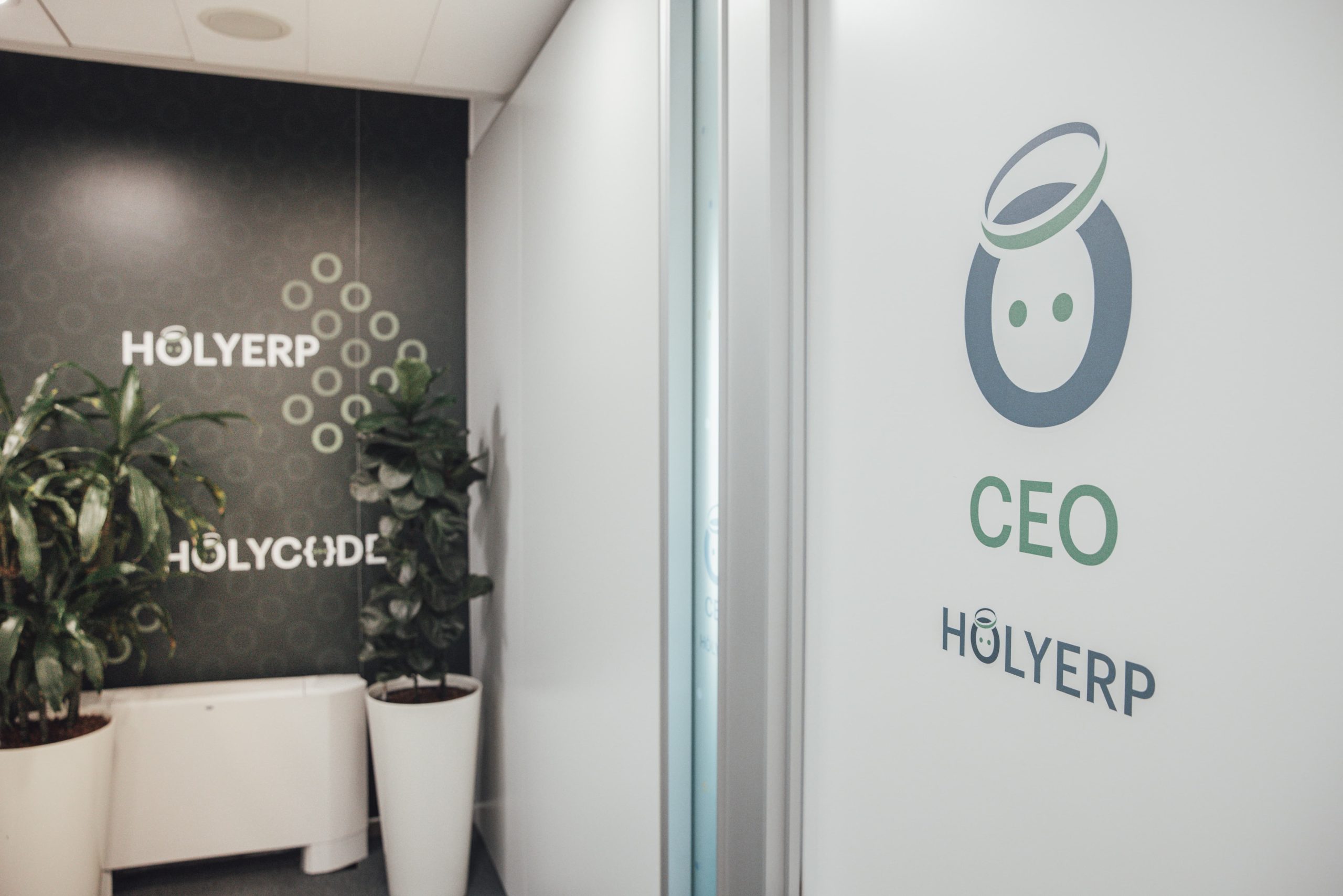ERP vs CRM: What should you choose?
In the ever-evolving landscape of business technology, two systems often come to the forefront: ERP (Enterprise Resource Planning) and CRM (Customer Relationship Management). These tools are designed to streamline operations, enhance productivity, and improve customer interactions.

However, understanding their distinct functions, similarities, and the specific benefits they bring to an organisation is not an easy task. In this article, we delve into the intricacies of a battle ERP vs CRM systems, highlighting their similarities, differences, and the unique advantages of implementing ERP over CRM.
Introduction
Imagine a business where all departments operate seamlessly, data flows effortlessly, and customer interactions are consistently outstanding. Sounds like a dream coming true for your business? Well, this vision is exactly what drives many businesses to invest in advanced technological solutions like ERP and CRM systems. Despite their shared goal of improving business efficiency, ERP and CRM serve different purposes. And by understanding their roles, businesses can make informed decisions about which system best suits their needs. So what is an ERP system, and what is a CRM system?
What is ERP?
Enterprise Resource Planning (ERP) is an integrated software platform used by businesses to manage and automate core business processes. These processes can include finance, human resources, manufacturing, supply chain, services, procurement, and many others. ERP systems centralise data and thus improve the decision-making process.
ERP offers a variety of benefits thanks to its amazing features. Integration may be one of the most important features because ERP integrates a variety of business functions into a unified system and facilitates real-time data access and collaboration. It also allows businesses to automate routine tasks, reducing manual effort and increasing efficiency every day, And let’s not forget about reporting, because decision makers can make data-driven decisions since they have insights into business performance at all times.
What is CRM?
Customer Relationship Management (CRM) is a technology for managing a company’s interactions with current and potential customers. CRM systems help businesses improve customer relationships, enhance customer retention, and drive sales growth by organising customer information, automating marketing efforts, and facilitating customer service.
Like ERP, CRM also offers a number of great features for business to take advantage of. CRM systems allow you to store detailed customer information, such as contact details, communication history and even purchase behaviour. In addition to this, CRM allows businesses to automate both sales and marketing, which increase efficiency and productivity of these teams in an organisation. Last but not least is customer service and support features as CRM allows businesses to provide better customer service to their clients.
Differences between ERP and CRM
Just by looking at what these systems are, it is easy to conclude that they share a number of similarities. However, despite their similarities, ERP and CRM systems have distinct differences in terms of their primary focus, functionality, and target users. In order to help you decide which system you should incorporate, take a look at their differences.
Primary Focus:
ERP: The primary focus of ERP is on internal business processes and operational efficiency. ERP systems manage core business functions such as finance, manufacturing, and supply chain management.
CRM: CRM systems primarily focus on external customer interactions and relationship management. They aim to improve customer satisfaction, increase sales, and enhance marketing efforts.
Functionality:
ERP: ERP systems offer a broad range of functionalities that cover various aspects of business operations, including accounting, procurement, production, and human resources.
CRM: CRM systems are specifically designed to manage customer-related activities such as lead management, sales tracking, marketing automation, and customer service.
Target Users:
ERP: ERP systems are used by various departments within an organisation, including finance, HR, production, and supply chain. They provide a holistic view of the business operations.
CRM: CRM systems are primarily used by sales, marketing, and customer service teams. They provide insights into customer behaviour and help manage customer interactions.

Benefits of Incorporating ERP Instead of CRM
While both ERP and CRM systems offer significant advantages, there are specific benefits to implementing an ERP system, especially for businesses looking to enhance overall operational efficiency.
Comprehensive business management
ERP systems provide an all-encompassing solution that integrates various business functions. This integration ensures that all departments work in harmony, leading to improved coordination, reduced redundancies, and streamlined processes.
Enhanced financial management
ERP systems excel in managing financial operations, offering features like budgeting, forecasting, and financial reporting. This financial visibility helps businesses maintain accurate accounts, comply with regulations, and make informed financial decisions.
Supply chain optimisation
With ERP, businesses can optimise their supply chain operations by improving inventory management, procurement processes, and demand forecasting. This optimisation leads to reduced costs, better supplier relationships, and timely delivery of products.
Human resource management
ERP systems include robust HR modules that manage employee data, payroll, benefits, and performance evaluations. This comprehensive HR management helps in recruiting, retaining, and developing talent effectively.
Real-time data access
ERP systems provide real-time access to critical business data, enabling managers to respond swiftly to changing market conditions. This agility is crucial for maintaining a competitive edge in today’s fast-paced business environment.
Scalability and flexibility
ERP systems are highly scalable and can adapt to the changing needs of the business. As companies grow or diversify their operations, ERP solutions can be customised to meet new requirements without significant disruptions.
Conclusion
In the debate between ERP and CRM, it’s essential to recognise that both systems play vital roles in modern business operations. ERP systems offer a comprehensive solution for managing internal processes, while CRM systems excel in enhancing customer interactions and relationships. For businesses seeking to improve overall operational efficiency, an ERP system provides a holistic approach that integrates various functions, streamlines processes, and offers real-time insights. Ultimately, the choice between ERP development and CRM development depends on the specific needs and goals of the organisation. By understanding their unique features, similarities, and differences, businesses can make informed decisions that drive growth and success.
If you need help with implementing ERP systems, get in touch with us today and let our expert teams help you today.
Let’s start achieving excellence together
Get in touch with our experts today to turn your ideas into reality and accelerate business growth.




